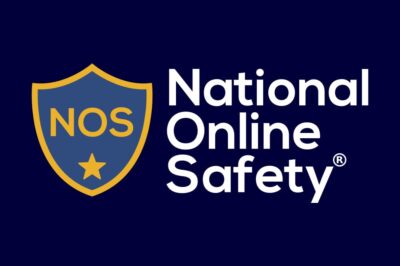
Please find the National College guide for ‘What Parents & Educators Need to Know about Lego Fortnite’ below.
Download: What Parents & Educators Need to Know about Lego Fortnite [PDF]
Thank you.
More Information
Fortnite is a game well-known for its popularity with younger players, as well as its many different modes and expansions intended to keep the experience fresh for long-time fans. One such addition has been LEGO Fortnite – a kind of “survival mode” where players take control of LEGO characters, craft tools, and build structures in a manner similar to the toy set of the same name.
While the content of LEGO Fortnite has been rated as suitable for children of 7 and older in the UK, it – like any online game – carries inherent safety concerns. For this reason, parents and educators should consider keeping themselves apprised of any potential dangers posed to children who enjoy this title. Our free guide offers plenty of insight into the most prominent risks associated with this title, and lets you know how to ensure children can safely enjoy their time with this expansion.

